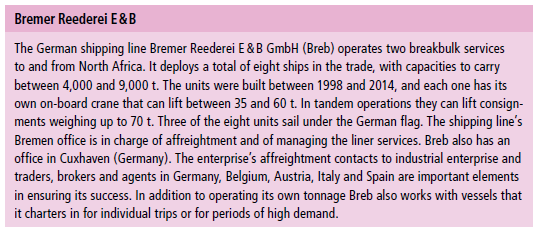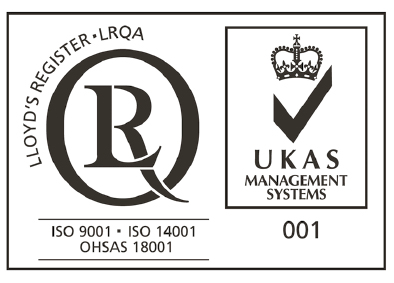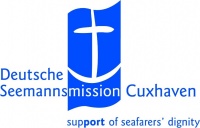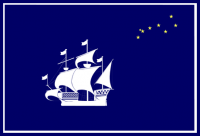
Systematic North African trade
Transport services to markets with great potentialThe German shipping line Bremer Reederei E & B specialises in transporting cut timber and steel products to Algeria.
One of the strengths of the German line Bremer Reederei E & B are its services to ports in Libya and Algeria. Managing director Arne Ehlers explains why such markets simultaneously offer challenges and opportunities.
«North Africa is the new Eastern Europe,» at least in the view of captain Arne Ehlers. The managing director of the German shipping line Bremer Reederei E & B (Breb) compares the economic situation in the Maghreb today with that in Eastern Europe after the end of the Cold War. «There was huge demand for new infrastructure projects in Eastern Europe. The situation in North Africa today is similar, the difference being that there is money in the states’ coffers – particularly in Algeria – with which to finance undertakings,» Ehlers elaborates.
The Algerian economy is the largest in the region, and the country is eagerly driving many an infrastructure project forward. The background is that massive population growth will generate demand for much more infrastructure. The construction of new facilities such as roads, power stations and hospitals is being financed by income generated by the export of oil and gas.
Algeria at the heart of the region Breb operates two breakbulk services to and from the Maghreb region, with the main focus on traffic with Algeria. «We serve the country with approximately 80 calls a year, transporting cut timber and steel products as well as project cargo consignments. The latter includes transformers and the like,» Ehlers explains. In total Breb transports more than 1 million t of goods annually, mainly very large breakbulk shipments. The freight the line loads most frequently is wood destined for construction projects in North Africa. Bagged cement and various categories of steel products are shipped on southbound voyages too. «Our vessels also carry project cargo, such as generators destined for Algeria, for example. We can discharge such consignments with our own on-board gear. Other project cargo shipments on our northbound legs include components for wind power plants. Southbound trips may see special piping loaded for the oil and gas industry.
Since 2011 we have also regularly hauled undersea cables for German offshore wind farms from a Pozzuoli production plant near Naples for the manufacturer Prysmian,» the captain adds. The most important ingredient for successful breakbulk services is combining southbound and northbound freight, to be able to employ the ships in consecutive round trips. Thus Breb has signed contracts to carry bulk cargo from Tunisia (silica sand and sea salts), Spain (cellulose, coking coal, limestone) and southern Italy (anhydrite).
The overall situation in Libya continues to furrow the captain’s brow, however. Breb ships mainly wood for the construction industry to the North African country. Transport services to and from the country’s Mediterranean coast are very complicated. The firm has to re-assess the state of affairs anew before every sailing, to decide whether the risk is acceptable. The joint war risk committee in London, which is the basis for war risk insurance policies, has classified Libya as a country at war. The result is a hefty surcharge on premiums due for transport services to the riven nation. The extra costs of the war risk insurance are very volatile.
«Early in April two of our ships sailed to the country,» Ehlers states. «This cost us an extra EUR 16,000. It is important to remember that our vessels have a capacity to carry roughly 4,000 to 6,000 t of goods. This means that under certain circumstances we might levy a surcharge of between EUR 4–5 per transported tonne.» Exporters are often lumbered with these costs. Theoretically it is generally down to the recipient to cover these outlays, but the reality is that often the opposite is the case. This leads to ever more shippers, primarily operators from Western Europe, refraining from selling goods to Libya. «Basically the situation in the ports is quiet and not problematic. But the political scenario is complex and simultaneously unfathomable,» Ehlers explains. This is no reason for the firm to terminate its activities in the country, however. Quite the reverse: with the delivery of the newbuild Bremer Fortuna to the trade last year,Breb showed that it remains committed to operations in the lane. Other liner services have reduced capacities and frequencies, particularly on account of the difficulties in Libya. Ehlers believes there remains substantial potential for business to and from Algeria. Breb is planning to further fortify its presence in the country. The captain is set to «delegate an employee to work locally. The man originally hails from Algeria, so he has a good network in the country and knows how to do business in the local dialect. This will naturally represent a substantial advantage for our customers seeking to do business with the Maghreb region.»

Source: ITJ - International Transport Journal


 haven
haven






